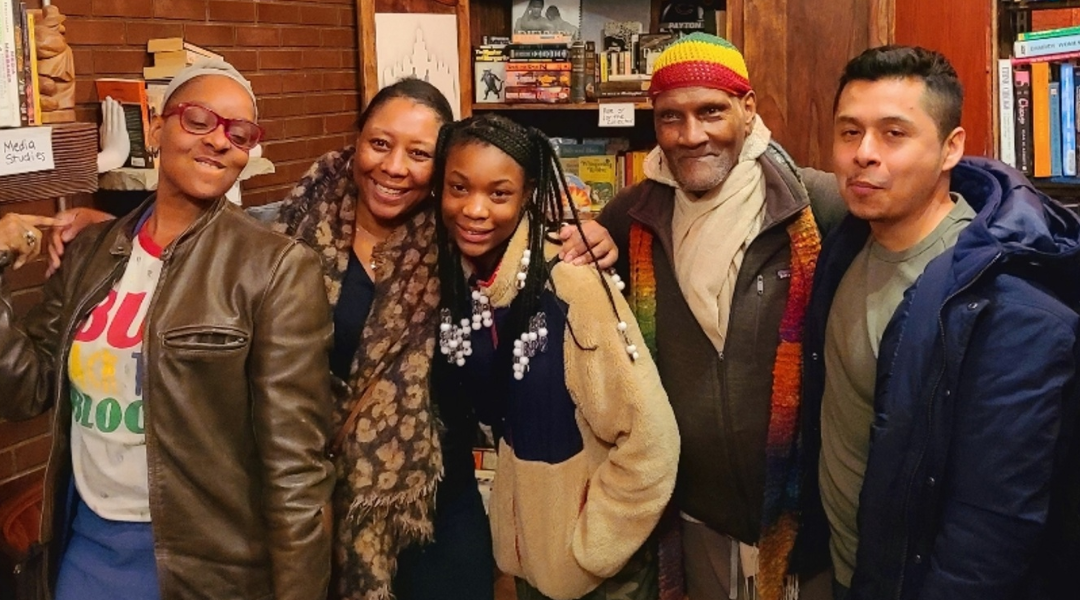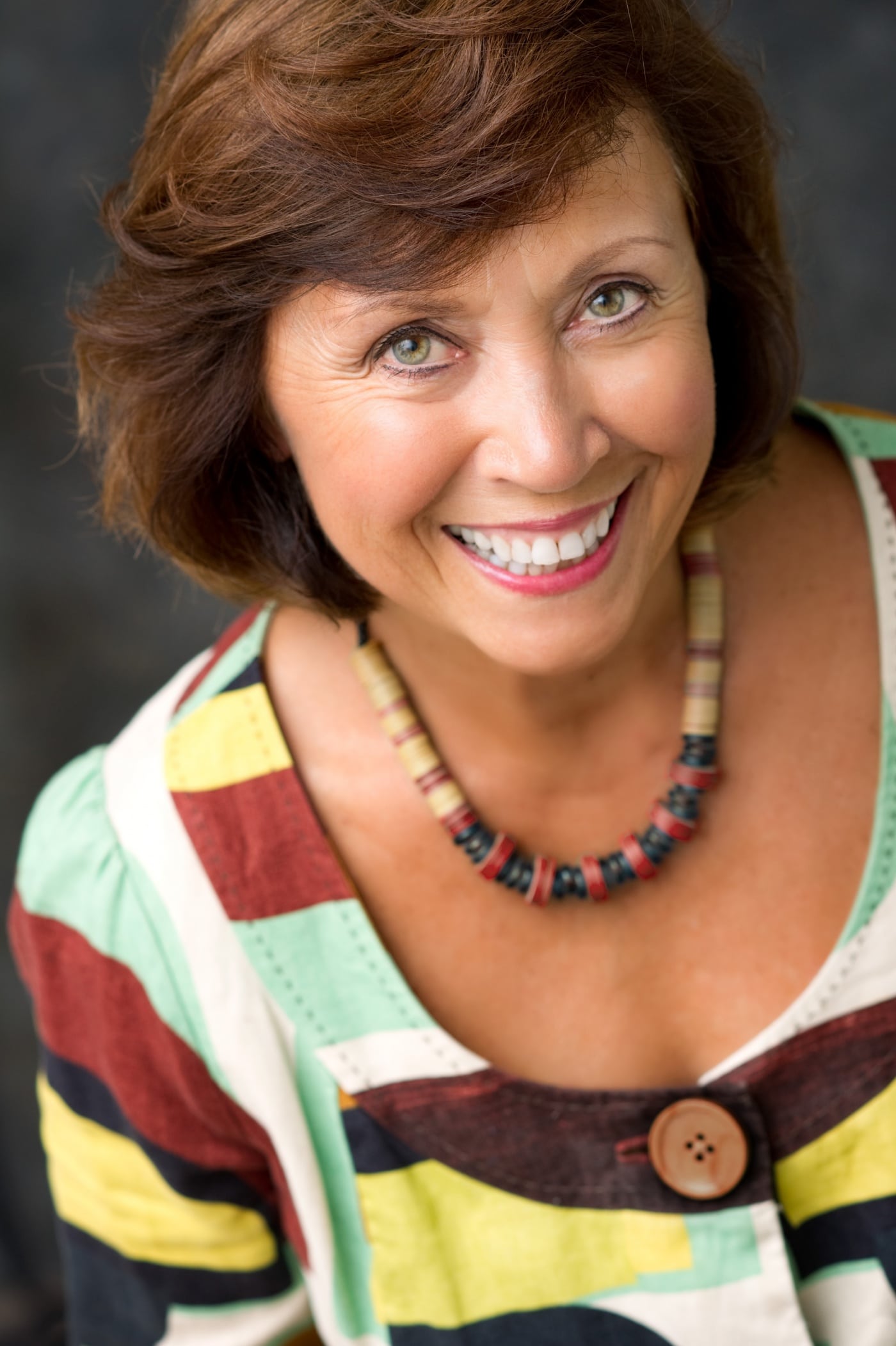Stories For Hope Rwanda
Purpose Prize Fellow 2014
This psychologist runs an intergenerational storytelling project in Rwanda to help the newest generations heal from the 1994 genocide.
In August 2006, I boarded a plane for Rwanda with my husband, who was conducting a leadership training there. I was 58 and had just retired after 30 years as a psychologist. I met a Rwandan government official whose story changed the course of my life.
He was out of the country during the 1994 genocide. He returned to his village to find his family dead, their bodies in shallow graves. He organized a group of youths to rebury them. How, he asked me, could he tell his own children the truth about their grandparents’ deaths without traumatizing them’
I advised him to give the facts, including the story that, despite his shock and horror, he was able to act and properly bury his family.
That exchange was the catalyst for Stories for Hope, the nonprofit I founded in 2008 to heal people through the Rwandan tradition of intergenerational storytelling. Inspired by the popular storytelling archive StoryCorps, we bring together elders and youth ages 18’30 for open dialogue about the genocide, culture, and the past. There has been too much silence because there is so much pain.
-
100 dialogues between 200 Rwandan elders and youth recorded and archived
-
97 percent of participants report more trust and impetus to engage with the community, more interest in reconciliation, and less loneliness
-
Project is now being exhibited and scaled to youth groups across Rwanda
We facilitate, record and store the conversations in Rwanda’s National Archives and on our website. They’re also copied onto CDs for participants to take back to their communities.
We’ve recorded 100 dialogues with more than 200 people. Many young Rwandans are orphans curious about the families they lost and are looking for guidance about school, poverty, HIV/AIDS and the fear of future violence. Stories from elder survivors help them navigate the enormous challenges in post-genocide Rwandan society.
The positive outcomes have been stunning. A study found that 97 percent of youth reported more trust and impetus to engage with the community and succeed in life, more interest in reconciliation and less loneliness. One young man who had seen his parents tortured and killed overcame his post-traumatic stress and ran for village counsel. Two young cousins visited in prison the man who killed their grandmother – and forgave him.
This project has been transformative for me. After what I’ve seen, I now strive to take better care of relationships and more quickly resolve conflicts with my loved ones. On difficult days, I remind myself that it takes only one story of hope to interrupt a negative legacy.




